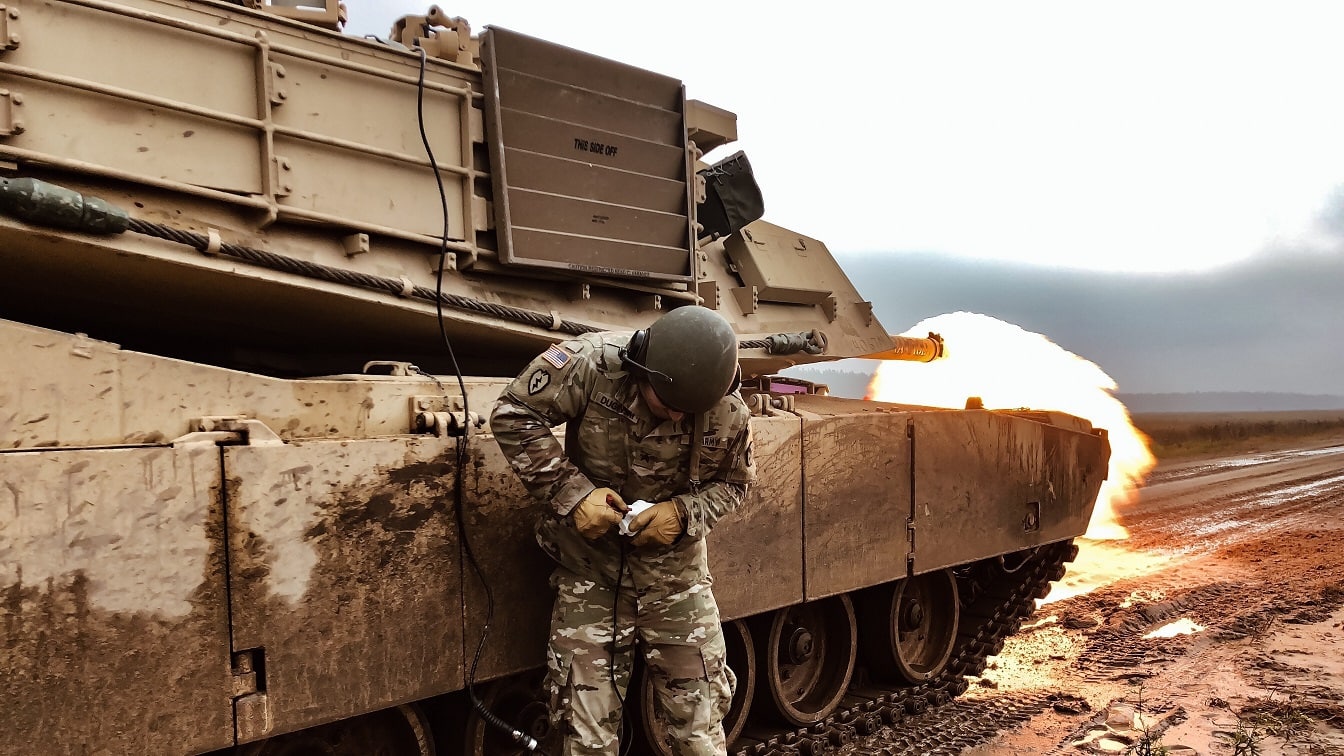Could the Ukraine war go global? Responding to an interview with Vadym Skibitsky, the deputy head of Ukrainian military intelligence, the Kremlin this week described the United States’ support of Ukraine as “direct involvement” in the war.
Skibitsky told Britain’s Telegraph newspaper that consultations between American and Ukrainian intelligence officials took place before recent attacks against Russian positions and that the White House had a veto on those targets. The Ukrainian official said that Washington did not provide specific information that helped Ukraine identify targets, but suggested that America’s supply of weapons to Ukraine came with some caveats.
Russia’s Ministry of Defense issued a statement in response to the interview, claiming that it “undeniably proves” that Washington is “directly involved in the conflict in Ukraine.”
“It is the Biden administration that is directly responsible for all Kyiv-approved rocket attacks on residential areas and civilian infrastructure in populated areas of Donbas and other regions, which have resulted in mass deaths of civilians,” the statement reads.
Neither the Pentagon nor the White House immediately responded to the accusations – but the consequences of comments like could be highly consequential.
Is it just the latest indication that Putin wants to declare war against the United States?
Inching Ever Closer to War
In April, Russia’s Foreign Ministry declared NATO and U.S. arms convoys in Ukraine “legitimate targets” for the Russian military, expressing anger over the continued supply of weapons and ammunition to Ukraine.
Sergei Koshelev, a Russian Foreign Ministry official, said that Moscow was entitled to consider the arms convoys legitimate targets, raising questions about whether the Kremlin would go as far as striking those convoys before they entered Ukrainian territory. Had the Kremlin made that decision, it would have effectively been a declaration of war against NATO and likely the beginning of World War Three.
Russia did not, however, strike NATO convoys on NATO soil. Instead, several depots filled with NATO weapons and ammunition have been struck on Ukrainian soil in recent months, taking out tanks, rocket launchers, and missiles. In June, Russia announced that a depot containing Western weapons was destroyed in the Ternopil region.
In May, Russian Foreign Minister Sergei Lavrov accused the West of waging a “total war” against Russia, ramping up rhetoric and inching closer to declaring America’s support of Ukraine and the ongoing supply of weapons as acts of war.
“In many Western countries, everyday Russophobia has become of an unprecedented nature, and, to our great regret, is encouraged by government circles in a number of countries,” Lavrov said at the time.
The implications of declaring war against the United States are so severe, however, that it’s no wonder Russia has only paid lip service to the idea so far. As the Kremlin continues to suffer catastrophic losses on the battlefield courtest of U.S.-supplied HIMARS rocket systems, however, the idea that Putin could retaliate becomes less and less far-fetched.
On July 30, a special train of over 40 cars filled with Russian troops, ammunition, and military equipment was destroyed by Western-supplied HIMARS. The long-range rocket systems also allowed the Ukrainian military to destroy a key supply bridge in the occupied Kherson region, putting Ukraine one step closer to its goal of recapturing the region by September.
If Russia fails to keep up its momentum in the Donbas, and if U.S. weapons are what prevents a Russian victory, there’s no telling what Putin could do next.
Jack Buckby is a British author, counter-extremism researcher, and journalist based in New York. Reporting on the U.K., Europe, and the U.S., he works to analyze and understand left-wing and right-wing radicalization, and reports on Western governments’ approaches to the pressing issues of today. His books and research papers explore these themes and propose pragmatic solutions to our increasingly polarized society.

